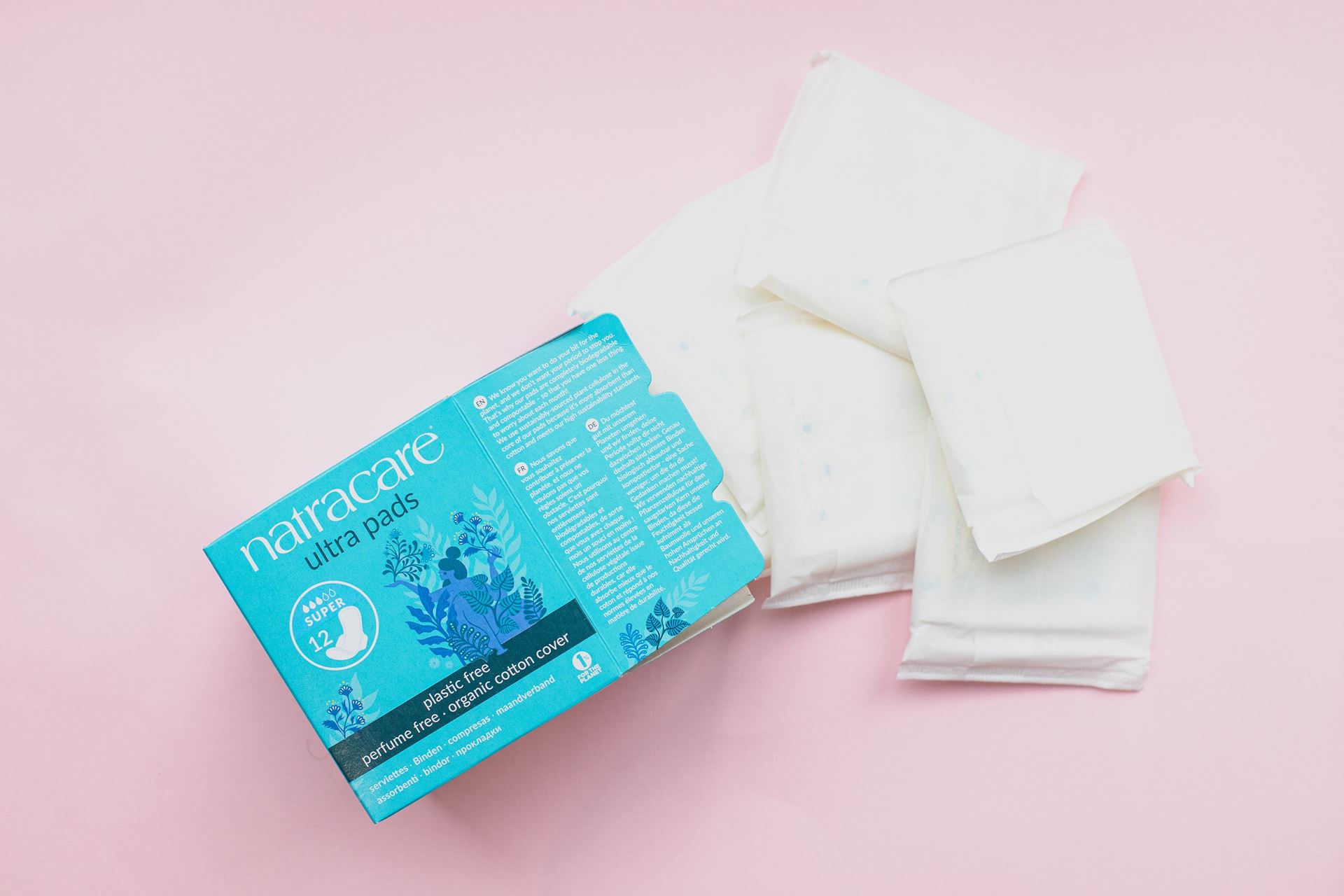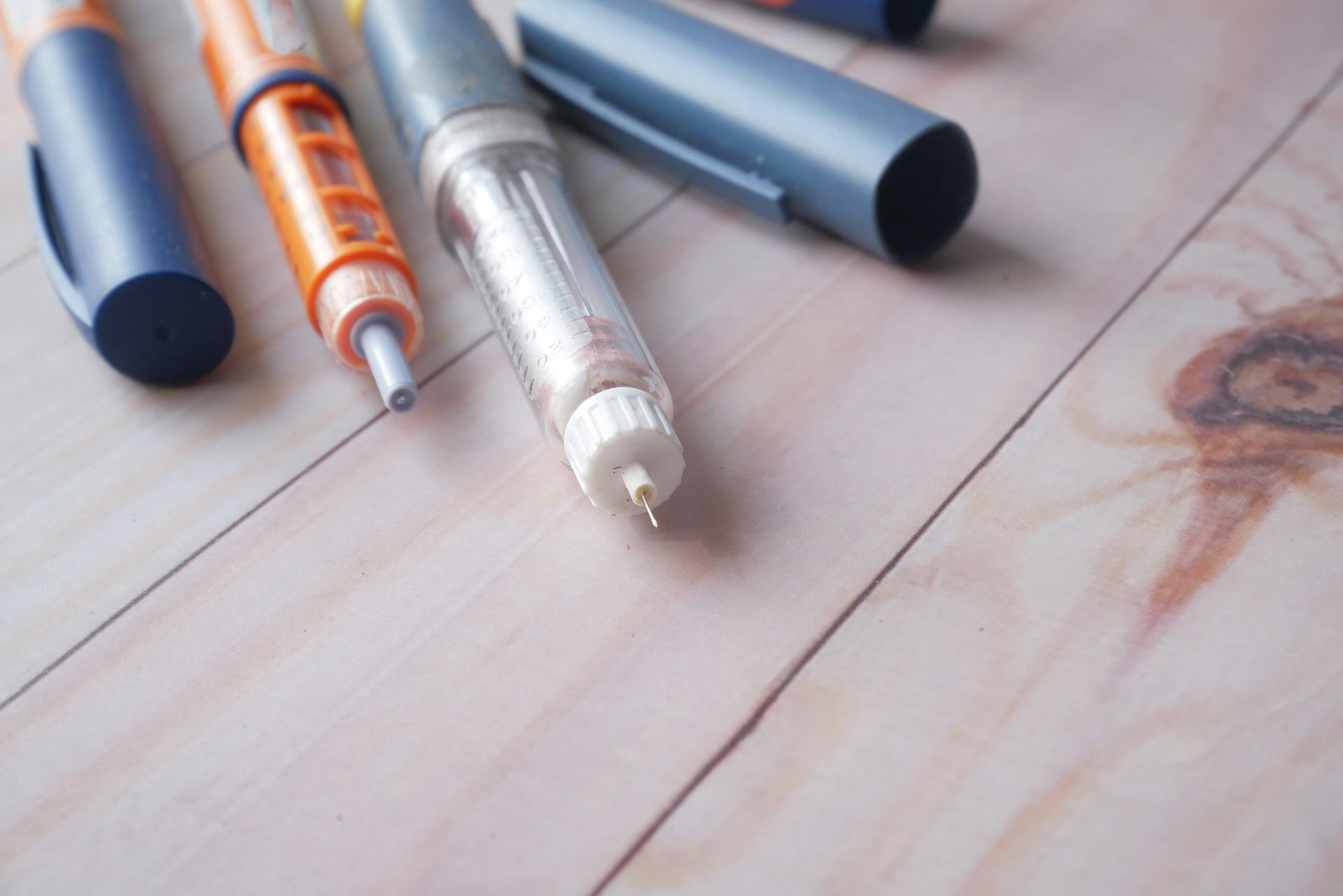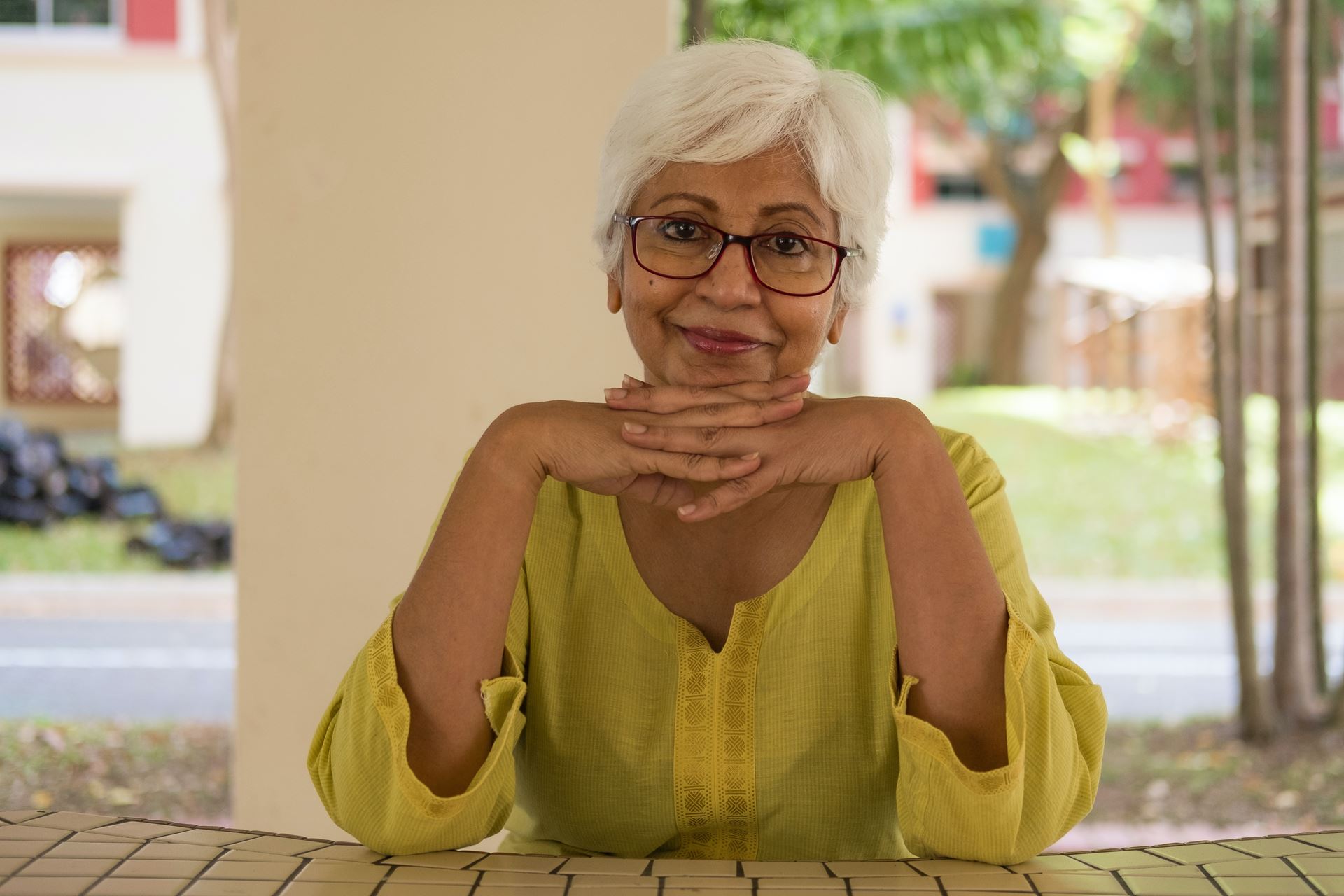Womens Health
Womens Health is a huge area and can be pretty complex. We should probably start with defining what we mean by Women’s Health. Traditionally in General Practice, Women’s Health has included areas like contraception, fertility, pregnancy, period problems, menopausal symptoms, breast and cervical cancer screening and osteoporosis management. All the above areas are extremely important but once again, the focus is mostly on disease or screening for disease.
Many women are seeking answers as to why they feel rubbish - weight is piling on despite dieting and exercise, why their hair is thinning, low energy levels, low libido, brain fog, skin issues etc. Often women will present with a cluster of symptoms and they come to see their GP who will order blood tests and they are told that no problem or disease was found.
What we hope to highlight once again is that health is not merely the absence of disease. We may not have all the answers but we want all our female patients to take charge of their health and achieve their full potential of well-being rather than accepting that this is all down to getting older.
Prevention is better than cure. Alzheimer’s disease is on the rise and women with dementia outnumber men 2 to 1. As real a concern is breast cancer to women’s health, women in their 60s are twice as likely to develop Alzheimer’s disease over the rest of their lives as they are to develop breast cancer. Do hormones play a role? What about lifestyle components? Why are all cancers on the rise? Our genetics have not radically altered and therefore one would logically conclude that this is related to lifestyle and our environment.
Men and women are just different! It is accepted that the 2 sexes behave, respond and think differently and women are just more complex with hormonal fluctuations to contend with as well. The demands that pregnancies place on the female body is hugely underestimated. Women usually tend to take on the carers role which in itself is hugely stressful. Often women in general will experience huge social upheaval around the perimenopause and menopause – often children still dependent on them, having to work as well as manage the home and care for ageing parents. This in addition to hormonal changes creates the perfect storm.
What can we do about this? As tiresome as this may sound, we cannot get away from the basics which is tending to our 4 pillars of health – Food, Movement, Sleep and Stress. In addition, we would encourage all patients but especially women to be mindful of toxins in their environment and take sensible measures to reduce exposure to these toxins. Many toxins are endocrine disruptors which mean they disrupt how hormones work in the body. See the section Environmental Ecosystem for more information and resources on this.
Page created: 30 March 2021




